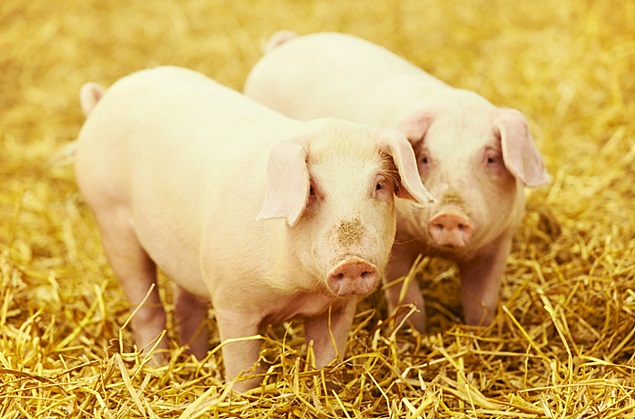1233

In its quarterly outlook, Rabobank has observed a "pivot shift" as the number of sow herds seems to stabilize after a period of reductions, as shown in the latest report.
Result of Consumption Trends
The stabilization is a result of better-than-expected consumption trends, along with reduced production costs in most regions, the bank wrote.
"These factors contribute to a more optimistic outlook for pork prices and encourage producers to consider rebuilding their herds."
However, there is a caveat, the bank cautioned: "Producers in regions with permanent health challenges or higher regulatory costs may experience a slower recovery pace."
Slowing Herd Contraction
In a press statement, Christine McCracken, the bank's senior analyst - animal proteins, stated: "Improved balance between supply and demand in the industry has led to a slowing of herd contraction. Although a significant increase in the breeding herd is not anticipated until the end of 2024 or early 2025, productivity growth contributes to increased production."
The bank pointed out the US, Canada, and China, which see healthier herds, translating into greater pork availability. In the EU and the UK combined, however, while the decline in sow herds has somewhat stabilized, pork exports in the first month have decreased by 10% compared to January 2023.
The bank wrote that "Structural declines in EU pork production and reduced import demand have left a significant hole in global export markets, which is rapidly being filled by competing nations - primarily North and South America."
Additionally, the bank analyzed that larger global stocks of cereals and oilseeds have led to lower feed costs for producers. A robust South American harvest has further pressured prices, providing relief from inflation.
Retail Pork Sales
Despite a decline in consumption in key Asian markets in the first quarter, pork maintains its position as a cost-effective protein choice for consumers worldwide, McCracken said: "This is particularly significant in light of rising beef prices.
The trend towards frozen products and home cooking is expected to continue to drive retail pork sales, with estimated growth in processed and value-added meat sales as inflation rates peak."
For China, the bank noted a sharp decline in pork imports by 40% compared to the first two months of 2023. The bank attributes this to "considerable decline in weak local markets and large stocks of imported frozen products." The bank expects imports to rebound in the second quarter, although those levels may remain lower than in 2023.
In the Philippines, the bank expects to continue to observe the effects of African swine fever outbreaks, as farm gate prices surged strongly in the fourth quarter of 2023. The bank cites that the Philippine government expects a 3% increase in pork production in 2024.





